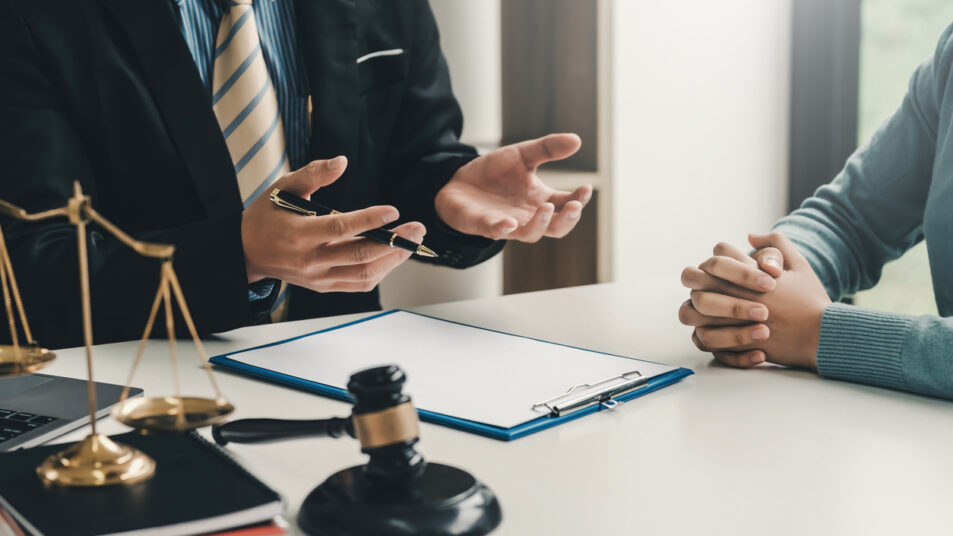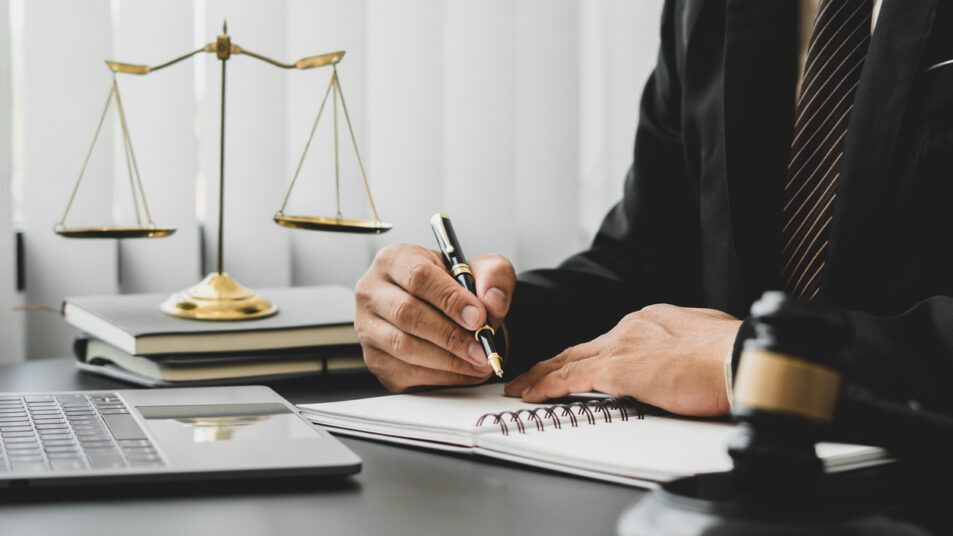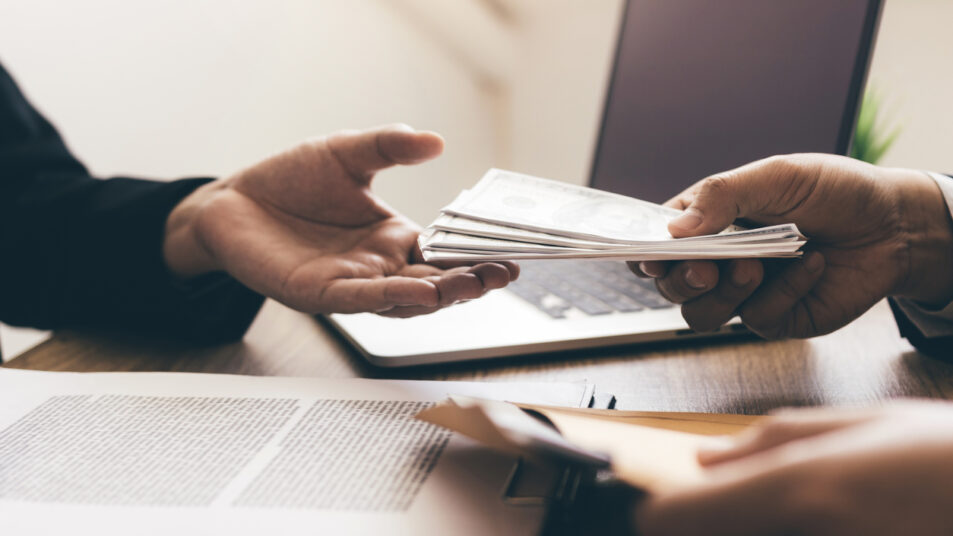What Should I Consider When Hiring a Personal Injury Attorney in Louisiana?
After a personal injury accident, you face a difficult situation. The easy path would be to ignore the situation and try to move on with your life. However, you may face significant financial losses due to medical bills and missed time from work. Your quality of life might also decrease due to pain, depression, and disfigurement.
Hiring a lawyer may be necessary to get compensation for your losses. The lawyer you hire for your case could make a dramatic difference in your personal injury case outcome. The right lawyer will have the skills, knowledge, and experience to put you in the best position to recover fair compensation for your injuries.
The Role of the Personal Injury Attorney
Louisiana law gives you the right to pursue injury compensation when you suffer an injury due to someone else’s actions. If you lost a loved one to a fatal accident, you could pursue a wrongful death claim against those who caused your loved one’s death.
In either case, your claim will probably start with an insurance claim. Many accidents are covered by insurance policies such as:
- Auto insurance
- Homeowner’s Insurance
- Medical malpractice insurance
- General business liability insurance
These policies include liability coverage, which covers claims from third parties that fall within the policy. So, for example, when a driver hits a pedestrian, the pedestrian is covered by the driver’s auto insurance liability coverage.
If the driver also suffers an injury, the liability coverage will not cover the driver’s losses. Liability insurance only pays third-party claims against the policyholder. It does not pay claims by the policyholder.
Your attorney will prepare the claim and document your losses. To win a claim, your lawyer must prove the policyholder bears legal liability for your injuries. Many claims will settle at this stage based on the documents submitted. Your attorney only needs to negotiate with a claims adjuster to get you the greatest compensation possible.
But in some situations, the claims adjuster will deny your claim. Some common grounds for claim denials include the following:
- The policyholder did not cause your accident
- The policyholder did not act negligently
- The accident did not cause your injuries
- Your losses did not result from your injuries
If your injury attorney cannot overcome the claim denial, they must file a lawsuit to continue your pursuit of compensation.
Factors to Consider When Hiring an Injury Lawyer in Louisiana
Some considerations when hiring an injury lawyer include:
The Lawyer’s References
When you start looking for a lawyer, you should look for someone who comes highly recommended. References from other lawyers or even judges should carry a lot of weight. They have often seen the lawyer in action and know the level of skill and knowledge they possess.
References from former clients are also valuable. A former client will only recommend their attorney if satisfied with the results. Equally importantly, if a former client recommends against a lawyer, listen to why they were unhappy with the lawyer’s work.
You should beware of online reviews. While online reviews can provide limited insight into the lawyer’s skills, you have no way to verify the source. As a result, the reviews might give you a false impression of the lawyer.
The Lawyer’s Communication Skills
Most injury lawyers offer free consultations to new clients. Once you narrow down the field of lawyers, you will want to schedule free consultations with the lawyers under consideration.
During the consultation, you will describe your accident and your injuries. The lawyer will explain your legal options and may even estimate the compensation you can seek. As you converse, listen to the substance of the lawyer’s explanation and how well the lawyer explains the legal issues.
Lawyers must have strong communication skills to negotiate with claims adjusters and persuade them to accept your claim. If the claims adjuster denies your claim, the lawyer must explain and persuade a judge and jury to agree with your side of the story and award damages to you.
Experience Handling Similar Cases
Experience can make a difference in the lawyer’s ability to quickly obtain the best possible outcome. However, their total number of years is not the only relevant factor. You want a lawyer who has successfully handled similar cases.
Lawyers gain skills through practice, and the skills that a lawyer gains through handling truck accident cases might not necessarily translate directly to a medical malpractice case. Additionally, the lawyer might not have relationships with the expert witnesses you need for your case if they usually handle different types of cases.
Legal Fees Charged by the Lawyer
One of the most important considerations in hiring a lawyer is the fee you will pay. Most injury attorneys charge a contingency fee. But the percentage could vary from lawyer to lawyer.
The benefit of a contingency fee for accident victims is that you will not need to pay any upfront fees for the lawyer to start working on your case. Additionally, a contingency fee gets paid at the end of the case based on the compensation your lawyer recovers for you. Thus, you only pay if you win or settle your case.
Lawyers in Louisiana must provide a written fee agreement before you hire them. Review the fee agreement carefully and ask any questions that come to mind. You will have fewer disputes with the lawyer if you fully understand the agreement before signing it.
Hiring an Injury Lawyer in Louisiana
Once you choose a lawyer, Louisiana law requires the lawyer to have you sign the fee agreement. The lawyer can start working on your case immediately by collecting your medical records and filing an insurance claim.
Choosing a lawyer is only the first step in pursuing injury compensation. But with careful consideration, you will hire a lawyer who can get the best possible outcome for your case.


